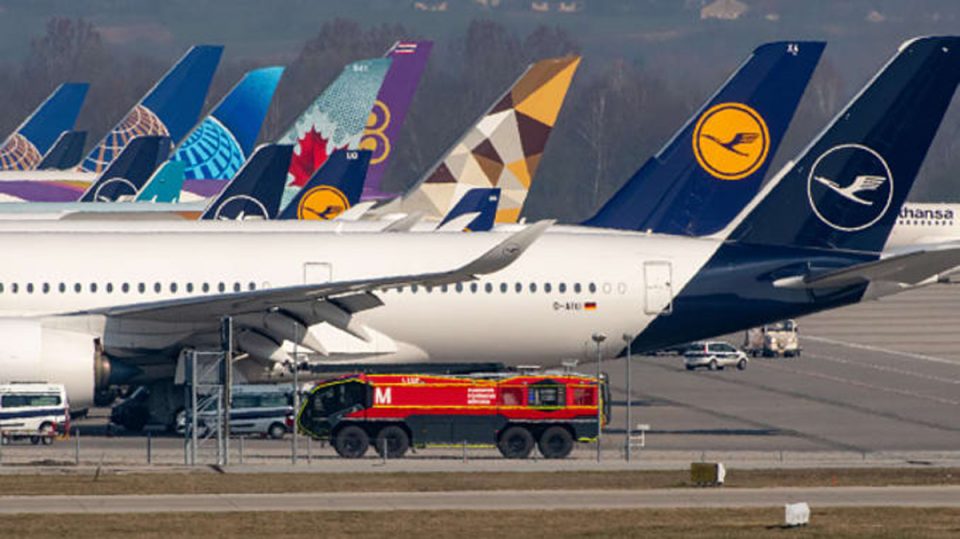By Staff Reporter
ISLAMABAD: The International Air Transport Association (IATA) warned on Sunday that countries such as Pakistan have witnessed a rapid surge in the level of blocked funds, posing a significant threat to airline connectivity in affected markets.
In a press release, IATA revealed that the industry’s blocked funds have escalated by 47 percent, reaching $2.27 billion in April 2023 compared to $1.55 billion in April 2022.
Pakistan, along with Nigeria, Bangladesh, Algeria, and Lebanon, emerged as one of the top five countries accounting for 68 percent of the blocked funds.
“Airlines cannot continue to offer services in markets where they are unable to repatriate the revenues arising from their commercial activities in those markets,” said Willie Walsh, IATA’s Director General. “Governments need to work with industry to resolve this situation so airlines can continue to provide the connectivity that is vital to driving economic activity and job creation.”
Representing airlines worldwide, IATA serves as a collaborative platform, fostering coordination among carriers. It offers a unified voice to international air carriers, facilitating engagement with governments, regulatory bodies, and stakeholders to address common challenges.
IATA’s statement said the blocked amount in Pakistan is currently estimated at $188.2 million.
It said Nigeria blocked $812.2 million, Bangladesh $214.1 million, Algeria $196.3 million, and Lebanon $141.2 million.
Pakistan’s foreign exchange reserves have lately sunk to around $4 billion, barely enough to cover four weeks of imports, prompting the central bank to make it difficult to send dollars out of the country.
The country’s foreign exchange controls are affecting the ability of foreign companies to retrieve their money and meet payment obligations. Some foreign companies, including airlines still have funds stuck in Pakistan from sales in 2022.
The government has been in talks with the International Monetary Fund to persuade the lender to resume disbursements from a $6.5 billion bailout program agreed to in 2019. The IMF was due to release another $1.1 billion in November but has not done so, citing a lack of progress on fiscal reforms Pakistan agreed to implement.
The IMF fund is vital to unlocking other external financing avenues to help Islamabad avert a default on its foreign debt obligations.
IATA called upon governments to uphold international agreements and treaty obligations, enabling airlines to access funds resulting from ticket sales, cargo space, and related activities.
IATA previously described Pakistan’s business environment as “very challenging” in April this year, highlighting the struggle international airlines face in repatriating over $290 million from the South Asian state. This situation could lead airlines to consider diverting their operations elsewhere.
Copyright © 2021 Independent Pakistan | All rights reserved




